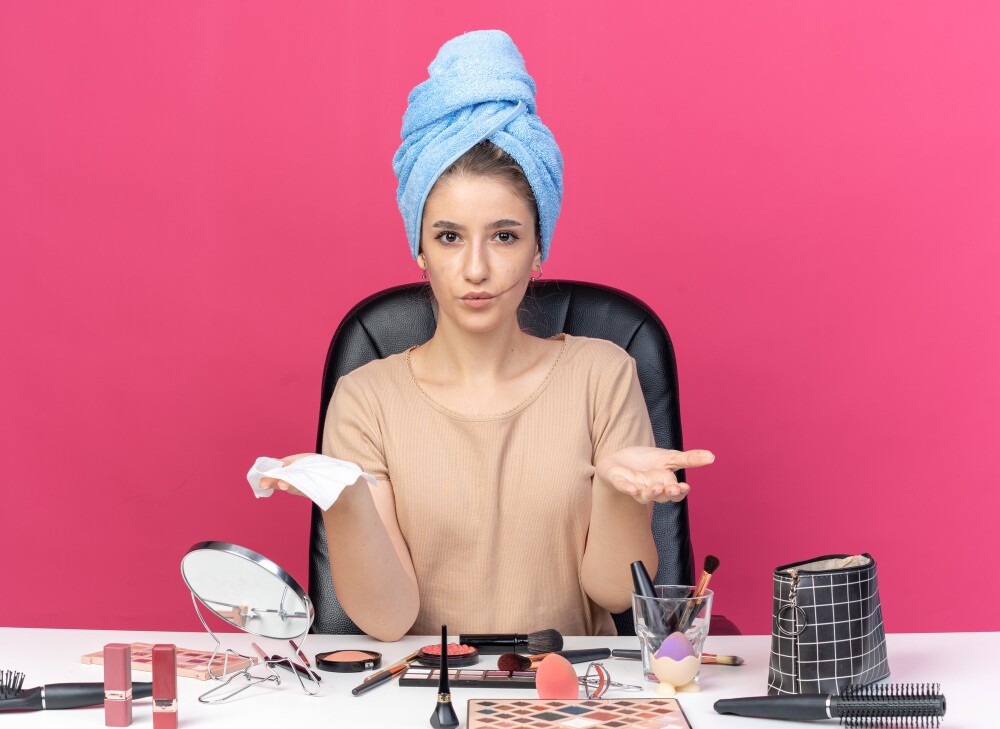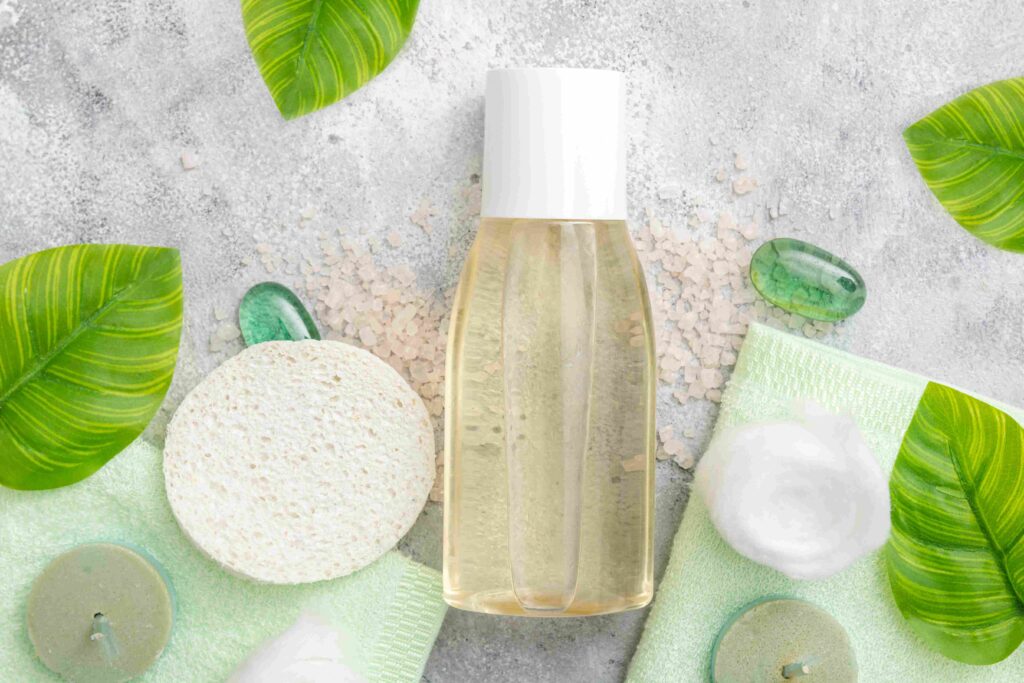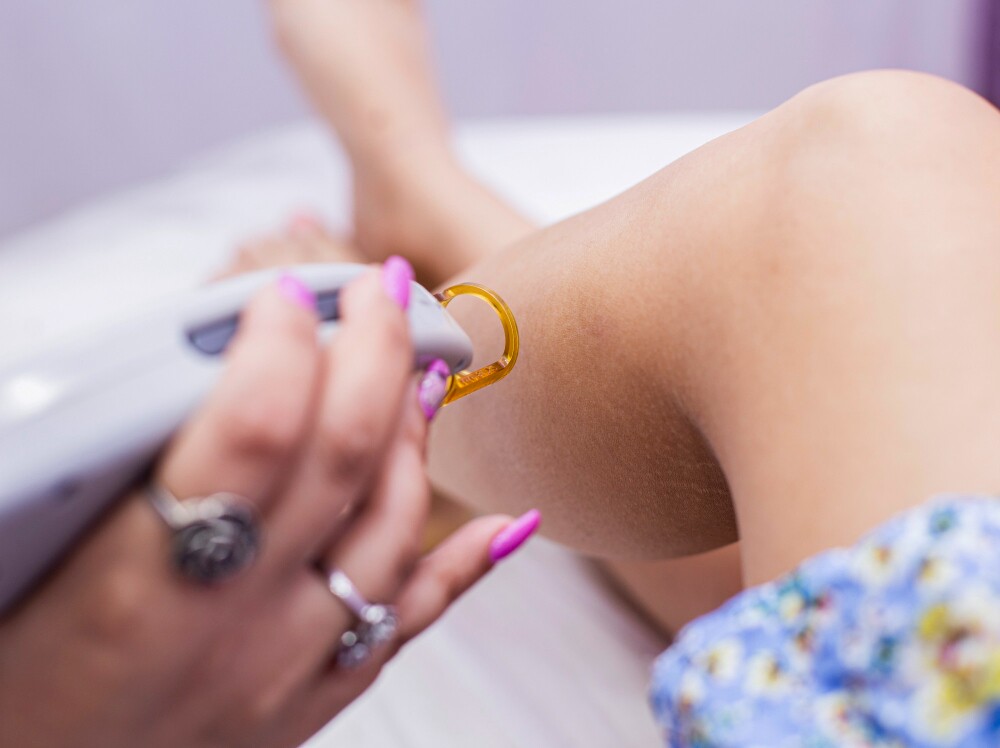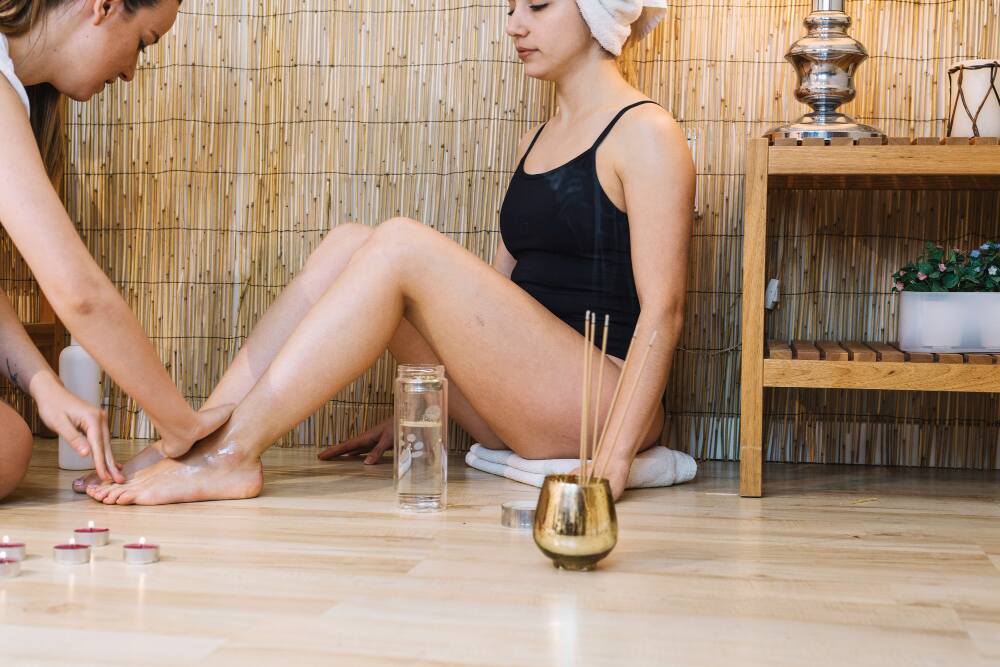Do You Really Need Expensive Skin Care Products?

For many, achieving a healthy, glowing complexion is a top beauty goal. And in the vast world of skincare products, it’s easy to get swept up in the allure of luxury brands and hefty price tags. But the question remains: is expensive skincare truly necessary for good skin?
The short answer? Not necessarily. While some high-end products boast innovative ingredients and luxurious textures, effectiveness often boils down to science and a good understanding of your unique skin type. This blog post dives deep into the world of expensive skincare, exploring the factors that influence price, deciphering marketing tactics, and ultimately helping you decide what’s best for your wallet and your skin.
Demystifying the Price Tag: What Makes Skincare Expensive?
Several factors contribute to the high cost of some skincare products:
- Luxury Packaging: From sleek jars to weighty bottles, expensive packaging creates a perception of exclusivity and justifies a higher price point.
- Brand Recognition: Renowned brands often invest heavily in marketing and advertising, which gets factored into the product cost.
- Ingredient Rarity: Some products contain unique or rare ingredients that can be expensive to source. However, rarity doesn’t always equate to effectiveness.
- High-Tech Delivery Systems: Advanced delivery systems, like liposomes, may be used to enhance ingredient absorption. While innovative, these technologies can add to the cost.
Science vs. Hype: Understanding Ingredient Labels
Don’t be fooled by fancy marketing jargon. Focus on the science behind the ingredients. Here’s what to look for:
- Actives: These are the workhorses, like retinol, vitamin C, and hyaluronic acid, that target specific skin concerns. Look for products with a high concentration of these actives.
- Supporting Ingredients: These ingredients, like antioxidants and moisturizers, help the actives work more effectively and keep your skin healthy.
Remember, a simple ingredient list with well-researched actives can be just as effective as a product packed with obscure ingredients.
The Power of a Consistent Routine over Price
A consistent and well-rounded skincare routine is far more important than the price of any single product. Here are the essentials:
- Cleanser: Choose a gentle cleanser that removes dirt and makeup without stripping your skin’s natural oils.
- Moisturizer: A good moisturizer hydrates and protects your skin barrier. Look for one formulated for your skin type (oily, dry, or combination).
- Sunscreen: This is the single most important product for preventing premature aging and skin cancer. Choose a broad-spectrum SPF 30 or higher for daily use.
By incorporating these essentials and potentially adding targeted treatments like serums or masks based on your concerns, you can achieve great results without breaking the bank.
Drugstore Gems vs. Luxury Buys: Can Affordable Products Deliver?
Absolutely! Many drugstore brands offer effective skincare products formulated with high-quality ingredients. Here are some tips for finding hidden gems:
- Read Reviews: Look for reviews from people with similar skin types to get honest feedback on drugstore products.
- Focus on Ingredients: Compare the ingredient lists of drugstore and high-end products to see if you’re paying mostly for branding.
- Patch Test: Before applying any new product to your face, do a patch test on your inner arm to check for irritation.
Section: Common Myths About Expensive Skincare
Dispel some of the popular beliefs that make people think high-cost equals better results. Here are a few examples:
- Myth: Expensive skincare is always better for sensitive skin.
- Truth: Price doesn’t dictate gentleness. Many affordable products are formulated for sensitive skin, using soothing ingredients and avoiding potential irritants.
- Myth: Natural and organic skincare is automatically superior.
- Truth: “Natural” doesn’t equate to safe or effective. Plant-based ingredients can still trigger allergies, and lack of preservatives in some products can compromise safety.
- Myth: You need a complete skincare line from a single brand.
- Truth: It’s perfectly fine to mix and match products from different brands to build a routine that addresses your individual needs.
Section: When a Pricey Product Might Be Worthwhile
Acknowledge that, in certain cases, higher-end products may have distinct benefits:
- Prescription-Strength Ingredients: Some powerful ingredients like tretinoin require a doctor’s prescription, and these formulations will cost more.
- Unique Patented Technologies: Some luxury brands develop and patent special ingredient complexes or delivery systems that might offer advantages not readily available in drugstore alternatives.
- The Sensory Experience: Sometimes, more expensive skincare simply provides a more luxurious experience due to texture, fragrance, and elegant packaging. If this elevates your routine and encourages consistency, it might be worth considering.
Section: DIY Skincare: Pros and Cons
Discuss the trend of homemade skincare as another affordable option:
- Pros: Can be cost-effective, you have control over ingredients, potentially fun and creative.
- Cons: Lack of preservative systems raises safety concerns, ingredient stability can be unpredictable, and it may not be as effective as lab-formulated products.
Section: Getting Professional Help
Mention when it’s valuable to consult a professional:
- Dermatologists: If you struggle with conditions like acne, eczema, or rosacea, a dermatologist can provide guidance on prescription products and recommend skincare that best aligns with your medical needs.
- Estheticians: Can analyze your skin, offer deep-cleaning facials, and suggest products and routines for achieving your specific skin goals.
Closing Thoughts
End by reinforcing these takeaways:
- Personalized over Pricey: Your individual skin needs should dictate your routine more than the price on the label.
- Informed Decisions: Do your research, read reviews, and understand the ingredient lists to make informed choices.
- Listen to Your Skin: The best skincare is the one that makes your skin look and feel its healthiest, regardless of the price point.












